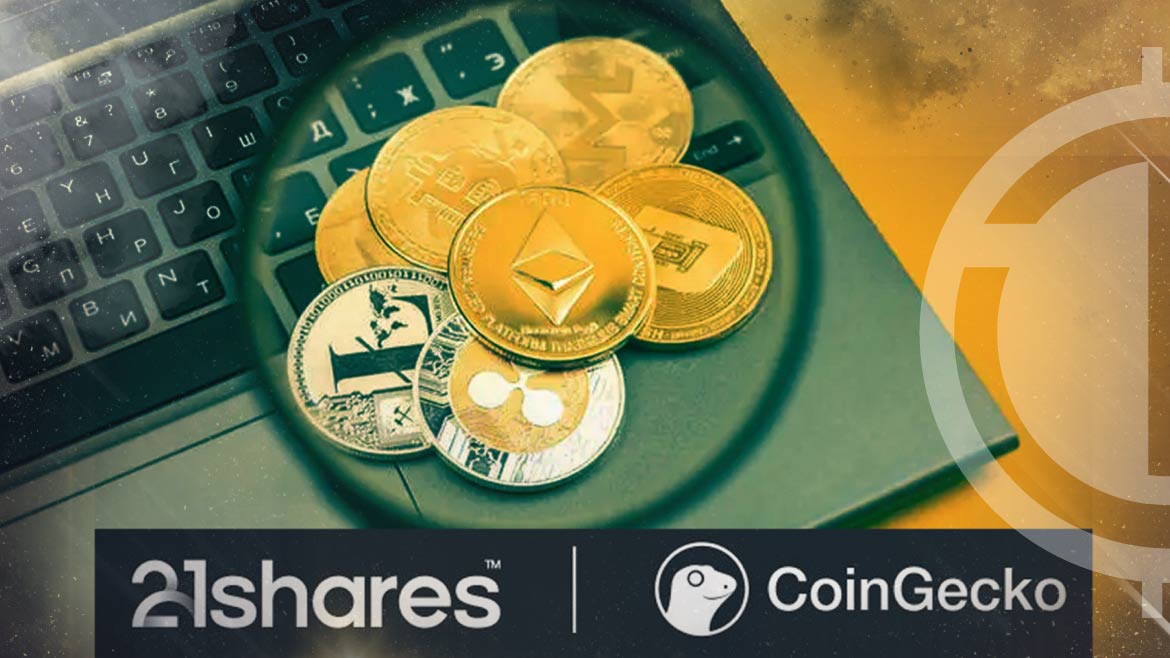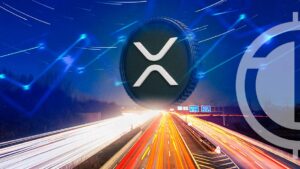
CoinGecko, a leading cryptocurrency data aggregator, and 21Shares, a cryptocurrency investment business, have collaborated to develop a universal standard for categorizing different digital currencies. The Global Crypto Classification Standard proposes a standard way to classify crypto assets.
The project’s stated goal is to assist investors and regulators in gaining a deeper familiarity with the nuances of each crypto asset class, including the possibility of failures of the sort that plagued the market in 2022.
The classification standard is based on three layers of categorization, distinguishing the thousands of assets listed on Coingecko by stack, market sector, industry, and taxonomy.
Three classes to Categorize Thousands
In the first level, called the “Crypto Stack,” several types of crypto assets are classified. These include cryptocurrencies, smart contract platforms, centralized apps, decentralized applications, interoperable blockchains, and others. The first two tiers of the methodology ignore the token altogether, instead focusing solely on the networks and protocols they operate.
In the second level, titled “Market Mapping by Sectors and Industries,” cryptocurrencies are further divided into categories such as “payment platform,” “lending,” “developer tools,” and “infrastructure” (including the metaverse and decentralized finance or “DeFi”). The methodology seeks to classify assets into the most relevant sector, as certain protocols might be used in more than one.
The third tier, titled “Taxonomy of Crypto assets,” organises crypto assets into related asset “superclasses” based on a taxonomy system for cryptocurrencies suggested by crypto researcher Chris Burniske in 2019.
In his methodology, Burniske separates crypto assets into superclasses, including capital assets, consumable or transformable assets, and store-of-value assets, adopting Robert Greer’s “What is an Asset Class Anyway?” from 1997.
The last level is termed “Store of value assets” and includes cryptocurrencies such as Bitcoin, Monero, Zcash, and Dogecoin. These digital currencies “cannot be consumed; nor can it generate income. Nevertheless, it has value; it is a store of value assets,” the proposed methodology standard reads.
Speaking about the development, Carlos Gonzalez, research analyst at 21Shares’ parent firm 21.co, noted:
“While the classification of digital assets is quite commonplace, many classification efforts are one-dimensional and confuse traditional investors by mixing crypto assets — the investable tokens — directly with the protocols behind them.”













